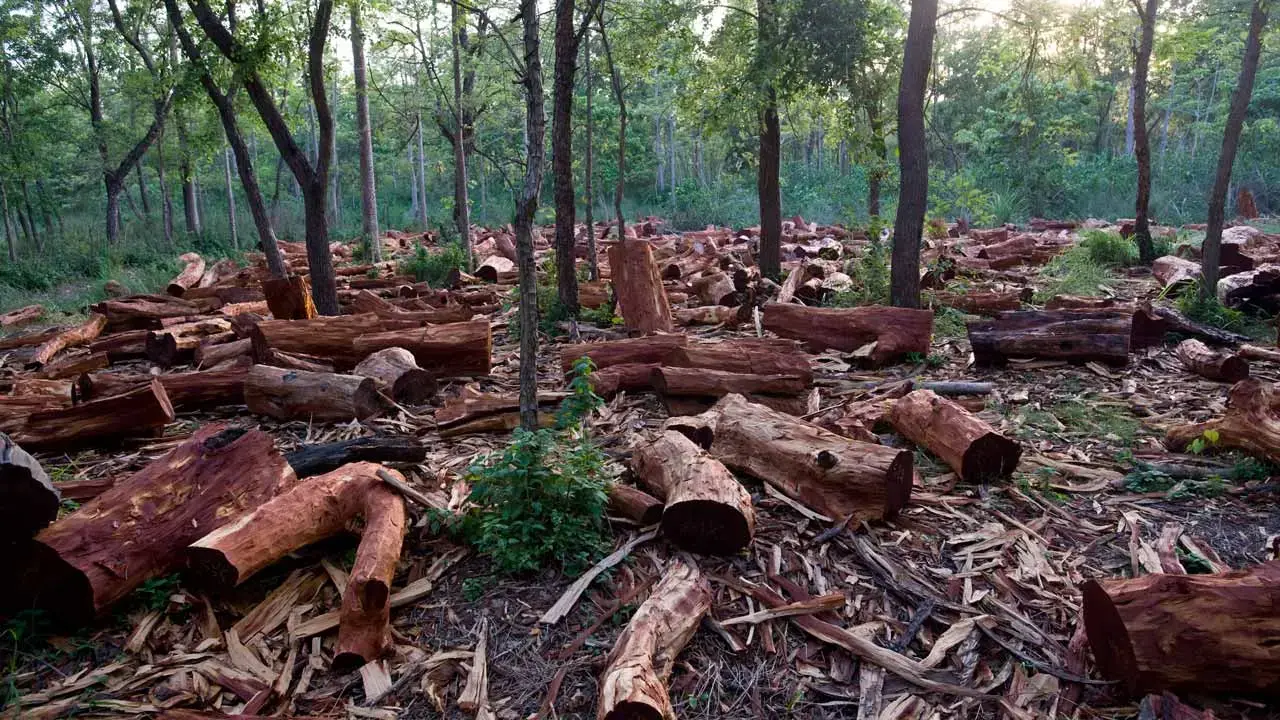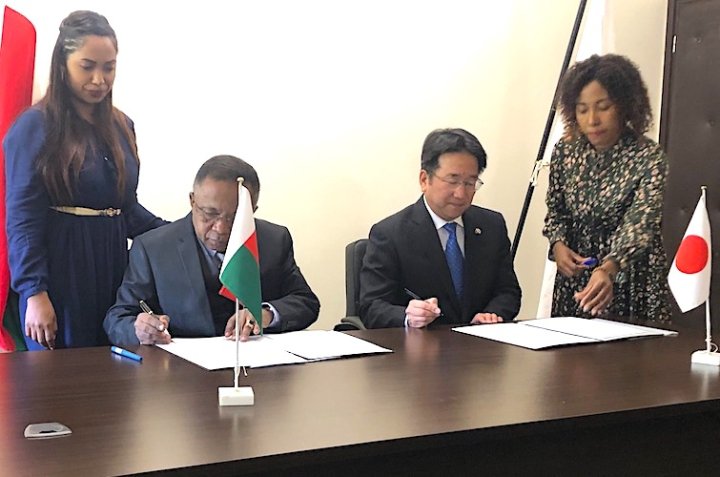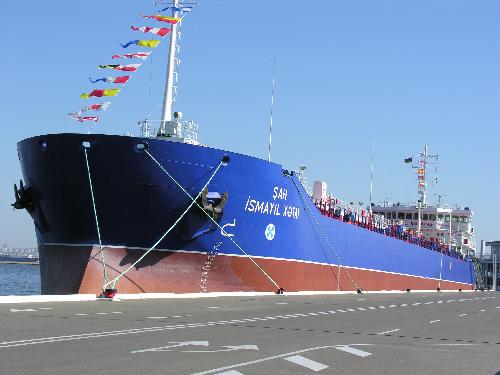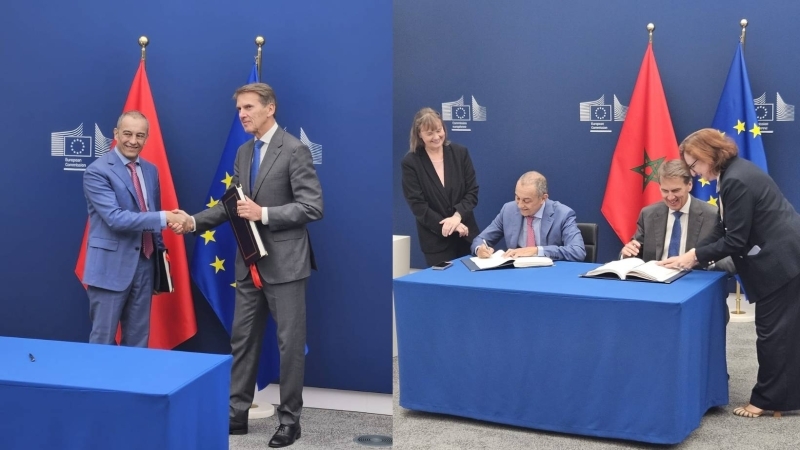Many African smallholder coffee farmers are now finding their main source of income in jeopardy after the European Union announced its plan to outlaw products sourced from deforested areas, which, as critics point out, could penalize so-called smallholder coffee farmers in Africa.
In 2023, the EU established mandatory rules, known as EUDR, for companies dealing in commodities such as coffee, palm oil, and cocoa, which are designed to ensure that products imported to Europe do not originate from land that has been deforested or acquired forcibly from indigenous communities. The new anti-deforestation law has garnered praise from environmental organizations, including Greenpeace. But as the Deutsche Welle has recently reported, since hundreds or perhaps even thousands of smallholder coffee farmers on the continent primarily sell their harvest to European markets, some African traders argue the EU anti-deforestation law is dissuading European companies from purchasing their coffee, which could possibly result in a coffee shortage in Europe.
While coffee production is often highlighted as a significant driver of deforestation, experts believe it is not the root cause. To ensure commodities traded in Europe are not tainted by these issues, anti-deforestation regulations aim to make products ‘traceable’ back to their production origins. To that end, the EUDR requires companies to collect the geographic coordinates of land where commodities are produced, using mobile apps and computer-based tools. However, experts caution that the new law overlooks the production side, making it difficult to determine the impact or opportunities for farmers. According to Maria A. Naranjo from the Wageningen University in the Netherlands, the law treats all sectors, regions, and products in the same way, even though they differ in how they contribute to deforestation.



